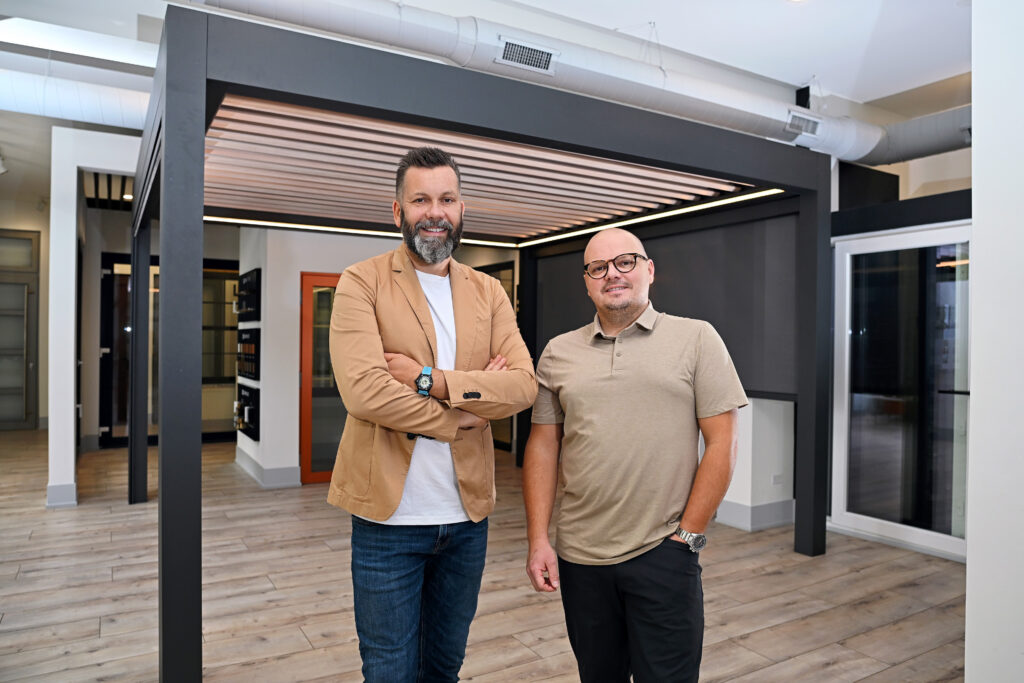Tennis in the Zone

By Jim Fannin
In Columbus, Ohio in the early 1970s, I had the good fortune to play my childhood idol in a tennis exhibition match—the great Pancho Gonzales. He was there to promote his racket company, and the irony was that my first racket was a Pancho Gonzales autograph model. So, here I was on the court, facing my idol in front of 2000-plus spectators. I was so pumped up to play him, and he was still a world-class player. I remember as the match began, I had so much energy inside of me that everything seemed in slow-motion—I was locked in the moment. The first time I served, I hit a clean ace that Pancho never touched. The second point, I won with another ace. I finished that game winning all the points. As we proceeded, I started moving Pancho Gonzales corner to corner, giving him an education in tennis court geography. After leading 4-1, we took a break while we changed sides of the court. Pancho stopped (remember, it was an exhibition match), and stood facing the audience. He grabbed the microphone from the umpire, and for everyone in the crowd to hear, he said to me, “You’re unbelievable, where are you from? I’ve never seen anyone so good.” Like a fool I replied, “Kentucky.” Everybody starting laughing. And then Pancho lit up and said, “You know, I’m one of the best players in the world, and I’ve never lost to a boy from Kentucky.” Now the crowd increased their laughter, and nervously, for the first time in the match, so did I. He gave the microphone back to the umpire, while I sat in my chair and thought, “Wow, I’m playing one of the best players in the world, Pancho Gonzales.” Exit, self-discipline. I started thinking about what happened and what could happen. As the next game began, my energy was not on his side of the net. That’s where I’d been sending it freely to my targets. No, I started thinking about me and what I needed to do. So long, concentration. My confidence level was very high before the match began, but right now, I’m playing my childhood idol. I remember holding my throat, the classic universal signal for choking. My confidence was slowly shrinking. Goodbye, optimism. Relaxation?—forget about it. I was tighter than bark on a tree. Enjoyment?—well, that was gone too. This was definitely not fun anymore. The next thing I remember is sitting in the locker room with my head slumped down on the tail-end of a 6-4, 6-1 defeat. I looked up and saw Pancho preening in front of the mirror. He was wearing a $1,000 shark-skin suit. He continued to revel in his rugged handsomeness in the mirror, knowing he looked good. He then came over and patted me on the head like a child. Can you believe he did that? He said, “Kid, you just need some experience and more confidence.” Thanks for the lesson, Pancho. I never saw him again. When you are aware of being in the “zone,” you’re not in it anymore. How many times do we get ambushed by an external distraction, and immediately plummet to our lowest performance level? With information arriving so fast via e-mail, text, Twitter, Facebook, fax, FedEx and cell-phone, it’s no wonder we become vulnerable to outside influences. From Pancho, I learned to prepare for the unexpected. I learned to stay locked-in on my objectives and the task at-hand. Before your next important performance, immunize yourself from the outside influences. Let nothing penetrate your champion’s mind. And always look great in the mirror after you’re done. ■



